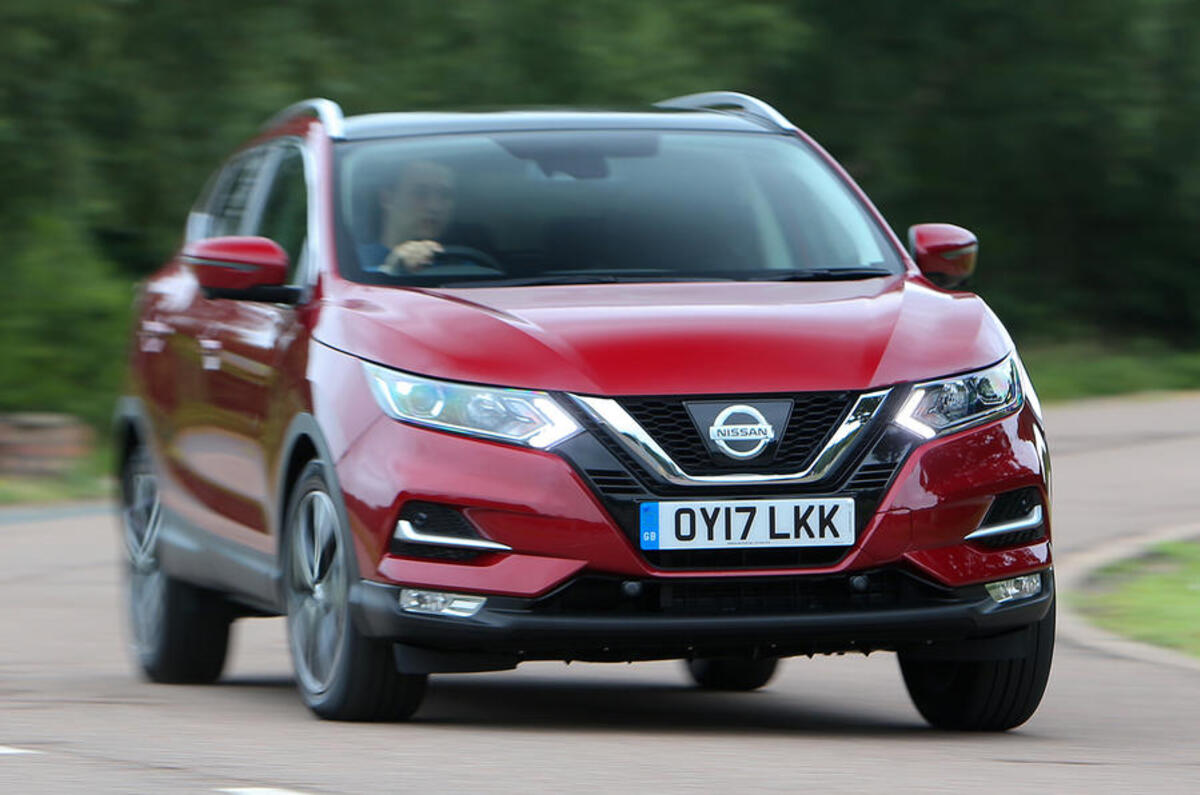Car manufacturers in the UK are unlikely to hit the record-breaking goal of making two million cars a year by 2020 that was previously predicted, as a result of softening demand for new cars in the UK and a slowing of investment in UK car manufacturing facilities in the wake of uncertainty around Britain’s future role in the European Union (EU).
As a result, the Society of Motor Manufacturers & Traders (SMMT) has renewed its calls for an interim trade deal in line with the one in place today, to be agreed while Brexit negotiations are carried out, in order to provide stability for ongoing investment and to provide certainty to the UK supply chain.
SMMT CEO Mike Hawes said: “World-class engineering, productivity, strong government collaboration and massive investment in the past few years have helped UK automotive become a global success story. At the heart of this has been the free and frictionless trade we've enjoyed with the EU – by far our biggest customer and supplier.
“But Brexit uncertainty is not helping investment and growth is stalling. The Government has been in ‘listening’ mode, but now it must put on the table the concrete plans that will assure the future competitiveness of the sector. Investors need certainty, so at the very least the UK must seek an interim deal that maintains single market and customs union membership until we have in place the complex new agreement sought with the EU."
The current record for cars produced in a single year is 1.92 million, set in 1972. In 2016, a total of 1,722,698 cars were made in the UK. A report previously commissioned by the SMMT had predicted the two million mark would be breached in 2020, so long as economic and market conditions remained stable. New estimates lower that figure to between 1.8 and 1.9m.
Hawes highlighted the slowing pace of investment in UK car plants, saying that an average of £2.5 billion a year was being invested pre-2016, falling to £1.66bn last year and standing at just £322m so far this year. However, he conceded that some of this is cyclical, and a result of the heavy investment in previous years.
Car production in the UK fell by 13.7% year-on-year in June, with 136,901 cars rolling off production lines. That was the third consecutive month of decline, adding up to a 2.9% year-to-date dip in output year-on-year to June. The performance is, however, still the second highest for 12 years.
In 2017, overseas demand for British-built cars has fallen by just 0.9%, with 683,826 cars exported. The proportion of UK-built cars exported now stands at 78.9% – the highest level for five years. However, demand for domestically built cars in the UK fell by 9.5% year-on-year to 182,830 units.
Hawes confirmed that the second half of 2017 was looking more positive. “There are several new models about to be launched which should bolster demand,” he said. “Several of these are new premium cars, and the UK continues to be the world’s biggest producer of premium cars after Germany.”
Top 10 British-built best-sellers globally – 2017 to end of June




Join the debate
Add your comment
Trade Deals with US
A trade deal with the US might be helpful for some of the factories here, but Nissan, Honda and Toyota make their cars for the US in the US and Mexico. Now you might think "well they aren't British", but they do employ a hell of a lot of people directly and in the supplier world. Imagine if they all left, many suppliers would leave or fail and that would be bad for JLR, MINI, Bentley and Rolls etc.
Stagnating pay, rising
Stagnating pay, rising inflation (neither solely restricted to the UK), concern about excessive car debt, uncertainty about diesel's future, noises about diesel scrappage schemes, confusing noises about electric car viability/legislation/battery technology leaps.....there's a lot of factors at play.
Exchange Rate Falls are Not One Way
Exchange rate falls are often cited as being good for exports, but in the context of cars many of the components are sourced abroad. Let's take gearboxes, there isn't a largescale gearbox manuacturer based in the UK, so there are few options for someone like JLR, Rolls Royce, Bentley except the really very good ZF 8 speed gearbox. The cars are made from aluminium or steel and last time I checked we didn't mine bauxite or iron ore in the country?
Cost of imports has rocketed, so although they are winning on selling price, material cost has leapt up.It isn't scaremongering, it is reality, Brexit is a terrible idea for the British car industry.
think about a trade deal with USA and others
Outside the Eu we will probaly get tariff free to USa ,perhaps ev en Chinaso JLR and others wouls save 105 duty say and BMW and Merc save importing their suv's from the States, The German trio could be even bettter off out side the EU and come to the UK when we are out,i know it would never happen,but that is politics.